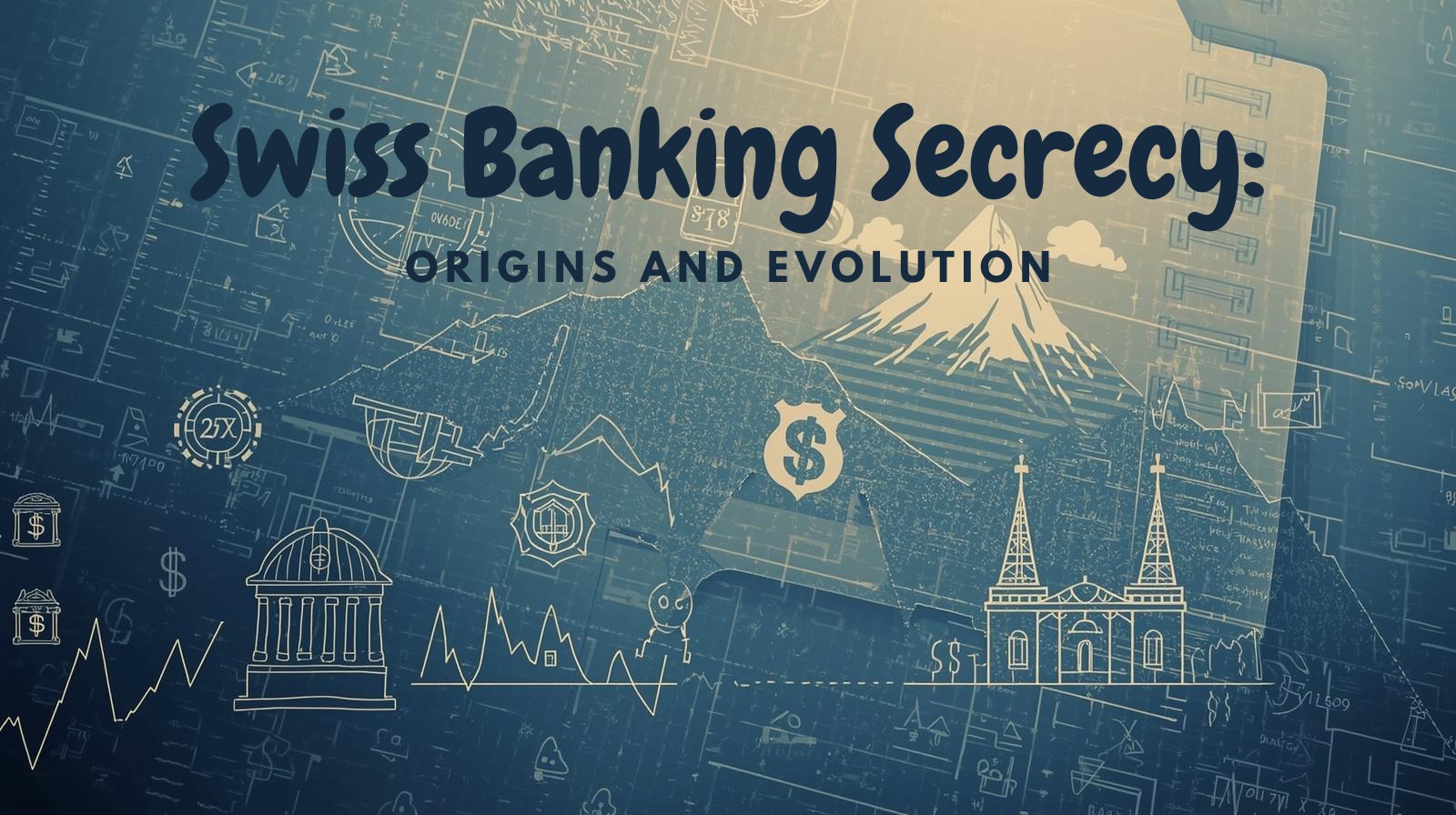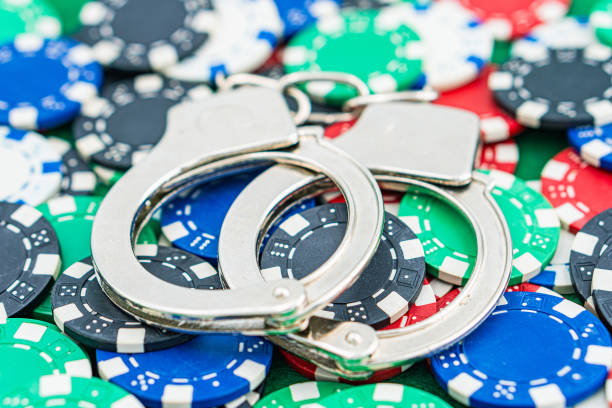Have you ever considered filing a personal injury lawsuit? You're thinking: The worst part must be the physical pain, medical bills, and ongoing limitations, right? But the truth is, the emotional aftermath can be far worse. 22% of all people who have survived road traffic accidents develop PTSD And that's just for car accidents. Factor in the stress of a legal battle and the psychological impact goes through the roof. Personal injury lawsuits are about so much more than compensation. It's about fighting for your rights while simultaneously battling trauma, stress, and emotional exhaustion that most people never expect to encounter. The Hidden Emotional Costs of Personal Injury Cases How Lawsuits Impact Your Mental Health Coping Strategies That Actually Work When to Seek Professional Help Building Your Support System The emotional damage from a personal injury case often outlasts the physical injuries. While bones mend and scars fade, the psychological impact can linger for years. Think about it. When you're in the midst of a personal injury lawsuit, you relive the trauma repeatedly. Every deposition, every medical examination, every court appearance forces you to remember the worst day of your life. And that takes a toll. Here's what most people experience: Anxiety about the unknown – Will you win? How long will it take? Depression from feeling powerless – Your life is now in lawyers' hands PTSD symptoms – Flashbacks, nightmares, and panic attacks Sleep disorders – Racing thoughts keep you awake Relationship strain – The stress affects family and friends If you're going through this right now, you need experienced legal support that also knows how to guide you through these emotional challenges. Visit https://www.pbclaw.com/ to connect with attorneys who understand the unique legal and emotional struggles involved in personal injury cases. The truth is dealing with insurance companies and opposing counsel can feel like being victimized all over again. They will question your injuries, your character, and your account of the incident. It's brutal. Personal injury lawsuits can seriously mess with your head. The entire process drags on for months or even years keeping your trauma fresh and your stress levels sky-high. The numbers don't lie: 95% of personal injury cases settle out of court, but the average case still takes 14 months to resolve. That's over a year of living in legal limbo. During that time, you may develop: PTSD doesn't just happen to soldiers. Serious accidents and injuries trigger intense psychological reactions that interfere with your ability to function in daily life. Intrusive memories, nightmares, avoidance behaviors, and hypervigilance are common. The combination of physical limitations, financial stress, and legal uncertainty creates a perfect storm for mental health issues. Many victims experience feelings of hopelessness about their future and extreme overwhelm with the process. Here's something interesting… Physical pain and emotional distress feed off each other. When you're stressed about your lawsuit, your physical pain often gets worse. When your physical pain flares up, your anxiety ratchets up. It's a vicious cycle. The good news? There are proven ways to manage the emotional toll of your personal injury lawsuit. These strategies won't make the process easy, but they can help you stay sane while fighting for what you deserve. Most people think their case will be over quickly with a big settlement check in hand. The reality is always more complicated. Cases can take 14 months or more to resolve. And that's in the best circumstances. Don't expect fast justice. Expect ups and downs. When your life feels out of control, carving out regular routine helps you regain some power: Wake up and go to sleep at consistent times Exercise regularly (even a daily walk helps) Eat regular, healthy meals Schedule specific windows to think about the case Deep breathing exercises – When overwhelmed take 10 slow, deep breaths. Mindfulness meditation – Use apps like Headspace to guide you through sessions to reduce anxiety. Physical activity – Exercise processes stress hormones and boosts your mood. Creative outlets – Art, music, or writing provide distraction from legal stress. Obsessing over your case 24/7 makes the emotional impact worse. Set strict boundaries: Choose one trusted person to discuss case details with Limit lawsuit talk to specific times Ask family/friends to respect these boundaries Sometimes no amount of coping strategies are enough. Nearly 18% of adults in the United States experience anxiety disorders, and personal injury victims are at even higher risk. Professional help isn't a sign of weakness – it's smart self-care. Consider therapy if you're experiencing: Persistent sleep issues or nightmares Panic attacks or overwhelming anxiety Suicidal thoughts or self-harm ideations Inability to function at work or home Substance abuse as a coping mechanism Cognitive Behavioral Therapy (CBT) – Helps identify negative thought patterns and develop healthier coping. EMDR (Eye Movement Desensitization and Reprocessing) – Trauma-focused therapy. Support Groups – Connect with others going through similar struggles. Psychiatry – If therapy alone isn't helping, medication can help control anxiety/depression. Don't wait until you're in crisis mode. Seek early intervention before more serious mental health problems develop. Something people don't realize… Your support system is just as important as your legal team. The right people can make the difference between merely surviving your lawsuit and actually thriving despite the challenges. Be honest with loved ones about what you need. Some people will want to help but won't know how. What helps: Specific requests ("Can you drive me to my deposition tomorrow?") Regular check-ins that aren't all lawsuit talk Fun activities to distract and provide a sense of normalcy What doesn't help: People who ask for constant updates Unsolicited legal advice Pressure to settle quickly or for less Your attorney is important, but they're not your therapist. Build a team that includes: Medical team for ongoing physical care Mental health professional for emotional support Financial advisor if there is a large compensation element Sometimes talking to people who have been there helps the most. Search reputable support groups for personal injury survivors. Be cautious about sharing specific case details. I know, it doesn't feel like it right now, but this will end. Most personal injury cases do settle, and most people do rebuild their lives in the aftermath. Emotional healing often takes longer than the legal process, but it does happen. Remember: Your feelings are valid and normal. Seeking help shows strength, not weakness. You're not alone in this fight. Better days are ahead. The emotional toll of personal injury lawsuits is real, significant, and often overlooked. Between the trauma of your original injury, the stress of the legal process, and the uncertainty about the future, it's no wonder so many people struggle. You're stronger than you realize. Millions of people have walked this path before you and made it through to the other side. With the right coping mechanisms, professional support, and legal representation, you can too. The key is acknowledging that the emotional impact is part of the process not a weakness on your part. You take care of your mental health with the same urgency that you would a physical injury. Your healing – both legal and emotional – matters. Don't let anyone tell you differently.What you'll discover:
The Hidden Emotional Costs of Personal Injury Cases
How Lawsuits Impact Your Mental Health
Post-Traumatic Stress Disorder (PTSD)
Depression and Anxiety
Chronic Pain Syndrome
Coping Strategies That Actually Work
Set Realistic Expectations
Create a Daily Routine
Practice Stress Management
Limit Case-Related Conversations
When to Seek Professional Help
Types of Professional Help
Building Your Support System
Family and Friends
Professional Support Team
Online Communities
The Light at the End of the Tunnel
Final Thoughts




Want to add a comment?